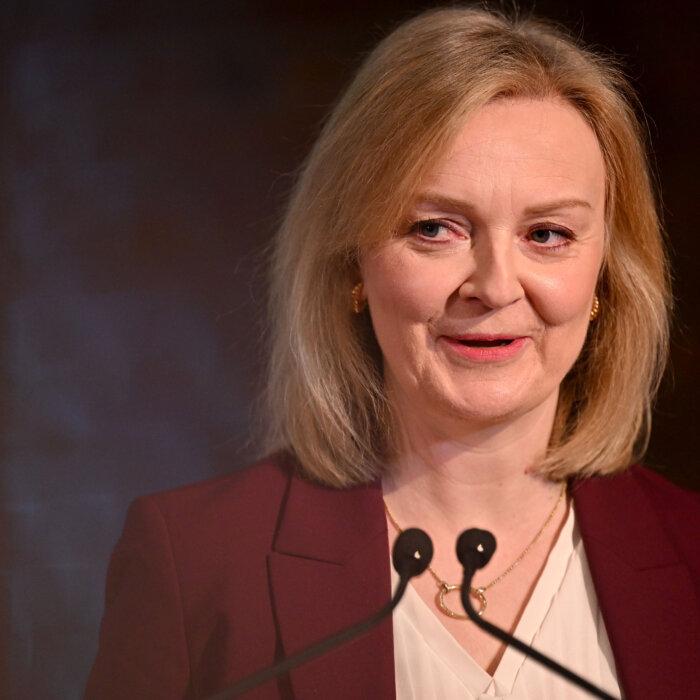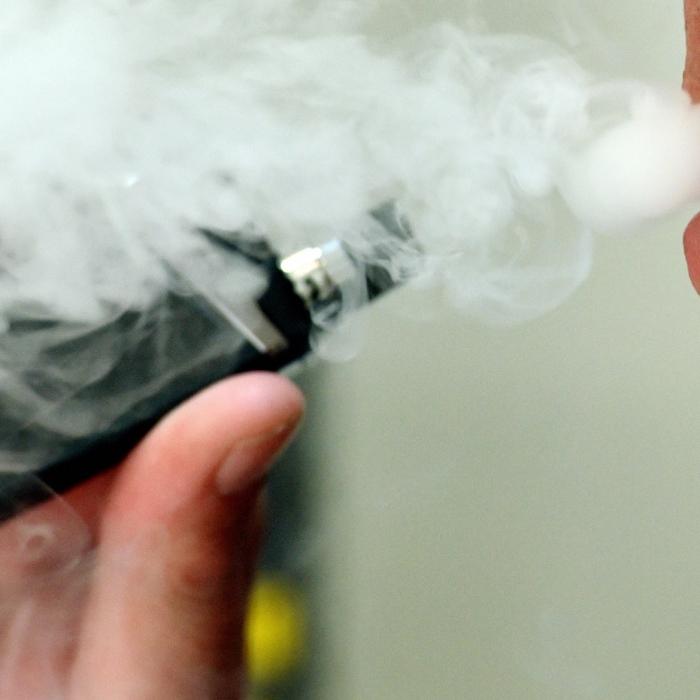The doctors’ union has called for tough legislation to ban flavoured e-cigarettes to tackle what it labelled a “vaping epidemic” amongst children and young people.
The British Medical Association (BMA) urged ministers to “take bold and brave actions” to protect the health of children and young people who are increasingly becoming hooked on vaping—originally marketed as a way for adults to quit smoking cigarettes.
Former Prime Minister Rishi Sunak introduced the Tobacco and Vapes Bill earlier this year, which included plans to ban disposable e-cigarettes and bring in restrictions on flavours and packaging considered appealing to youngsters.
Labour Pledged To Revive Sunak’s Bill
Prime Minister Sir Keir Starmer pledged in his manifesto to revive Sunak’s bill, which was included in the King’s Speech, although details of the proposed new legislation are yet to be published.Dr. Penelope Toff, chair of the BMA’s public health medicine committee, called on Labour “to go even further” than the plans put forward by Sunak.
The report, entitled “Taking Our Breath Away: Why We Need Stronger Action on Vapes,” proposes that all flavours apart from tobacco should be banned, together with all imagery, colouring and branding on packaging, as well as further restrictions on all advertising and marketing.
Toff said: “The last government made significant progress putting forward a bill that included a ban on disposable vapes and plans to regulate flavours and marketing.
“This new government must now ensure these measures are carried through into legislation—and it would do well to go even further.”
Branding the use of e-cigarettes among youngsters a “serious public health threat,“ Toff added, “We are calling on ministers to take bold and brave actions that will make a real difference, like banning all vape flavours other than tobacco so that the grip these products have on our children and young people is released, while still ensuring they remain an option to help some people stop smoking.”
She said that vaping products should be sold in exactly the same way as cigarettes have been for years, in plain packaging and out of sight, rather than in appealing displays reminiscent of a sweet shop.
“While this government has rightly pledged to tackle smoking and vaping, the test will be in how it acts. As we await details, we have put together this blueprint of the actions that are crucial right now to stop this serious public health threat in its tracks.”
Industry ‘Obviously Targets Children’
The BMA report follows recent analysis by public health charity Action on Smoking and Health (ASH) which found that 11 percent of the adult population in Britain now vapes regularly, with many replacing their cigarette addiction with long-term vaping.A separate report by ASH also estimated that 18 percent of 11 to 17-year-olds in Britain—close to a million youngsters—have used e-cigarettes in 2024.
Professor David Strain, chair of the BMA’s board of science, said: “There is no denying we are living in a vaping epidemic. Vape usage has risen hugely in the last decade, with one in 10 ten adults now vaping.
“However, far more worrying, is the increase in young people who vape, with almost six times more 11-17 year-olds vaping now compared with 10 years ago.
“As a doctor, I understand the role vapes can play in helping people to stop smoking, but they have no rightful place in our children and young people’s lives and when it comes to protecting their health, we cannot afford to gamble.”
He accused the vaping industry of “obviously targeting children with colours, flavours and branding, to push a product that can lead to nicotine addiction and potential further harms” and said that this “cannot be allowed to happen any longer.”
Strain pointed to the fact that a reported two vapes are thrown away every second in the UK, and said “the environmental impact of this epidemic is disastrous.”
A Department of Health and Social Care spokesperson said: “The marketing of vapes to children and young people is utterly unacceptable.
“Vapes can be an effective way for adult smokers to quit, but we have always been clear that children and adult non-smokers should never vape.
“The Tobacco and Vapes Bill will stop vapes from deliberately being branded and advertised to appeal to children, including by regulating flavours, packaging, and changing how and where they are displayed in shops.”
While official medical advice, such as from the World Health Organisation, is that vaping is less harmful than smoking cigarettes, this is disputed by some medical research papers.







